CRF Weekly Update: From Election Integrity to No-Tax-on-Tips
- Staff Writer
- Oct 30, 2025
- 2 min read

This week, the Center for Regulatory Freedom (CRF) delivered eight comments to federal agencies, advocating for policies that protect democratic processes, reward labor, lighten financial burdens, prioritize skilled immigration, remove redundant reporting, enhance consumer control, fortify commerce, and maintain focused environmental oversight. These efforts embody CRF’s mission to champion transparent, efficient regulations that strengthen America’s security, economy, and individual freedoms.
CRF endorsed the America First Legal Foundation’s petition to the Election Assistance Commission, calling for proof of U.S. citizenship on the National Mail Voter Registration Form. The filing asserted that this requirement is critical to preventing noncitizen voting and restoring confidence in federal elections through verifiable, straightforward safeguards.
CRF celebrated the Treasury and IRS proposed rule defining qualified tips under the “No Taxes on Tips” policy, hailing it as a breakthrough that honors service workers and small businesses. The comments pressed for expansive yet practical definitions to maximize tax relief, deliver on a key 2024 campaign commitment, and affirm that hard-earned income deserves protection from overtaxation.
CRF praised the Office of the Comptroller of the Currency’s decennial review under the Economic Growth and Regulatory Paperwork Reduction Act. The submission flagged antiquated rules governing banking operations, capital standards, and community reinvestment, urging targeted revisions to boost clarity, cut compliance costs, and enable banks to serve customers more effectively.
CRF welcomed U.S. Citizenship and Immigration Services’ plan to replace the random H-1B lottery with a weighted system favoring high-wage, highly skilled applicants. The comments hailed the shift as a restoration of the program’s original purpose—drawing elite global talent to fuel innovation and growth—while aligning with clear congressional intent.
CRF urged the Environmental Protection Agency to pause its renewed TSCA information collection for methylene chloride, citing significant overlap with existing OSHA and DOT requirements. While noting improved burden estimates, the filing labeled the rule a prime example of regulatory redundancy and called for a comprehensive duplication review before proceeding.
CRF backed the Consumer Financial Protection Bureau’s reconsideration of its open-banking rule under Section 1033 but cautioned against provisions that could inflate costs or exclude underserved consumers. The submission advocated flexible, risk-based standards that give individuals secure control over their financial data, preserve privacy, and sustain competition among traditional banks and fintech innovators.
CRF applauded the Department of Transportation’s focus on cargo theft and proposed a collaborative, incentive-driven strategy over new mandates. The comments recommended a national coordination center, advanced tracking technologies, and innovation rewards to enhance supply-chain visibility and resilience without burdening industry.
Finally, CRF supported the Food and Drug Administration’s renewal of NEPA environmental-data collection authority but insisted on strict boundaries. The filing emphasized using the data solely for objective risk comparisons and guarding against ideological expansion, excessive paperwork, or disproportionate impacts on small agricultural and biotechnology firms.
Through these filings, CRF continues to shape a regulatory environment that secures elections, rewards hard work, streamlines finance and immigration, eliminates waste, empowers consumers, protects commerce, and keeps environmental rules focused and fair. By demanding precision, proportionality, and market alignment, CRF ensures the government enables freedom and prosperity rather than obstructing it.








.png)




_gif.gif)